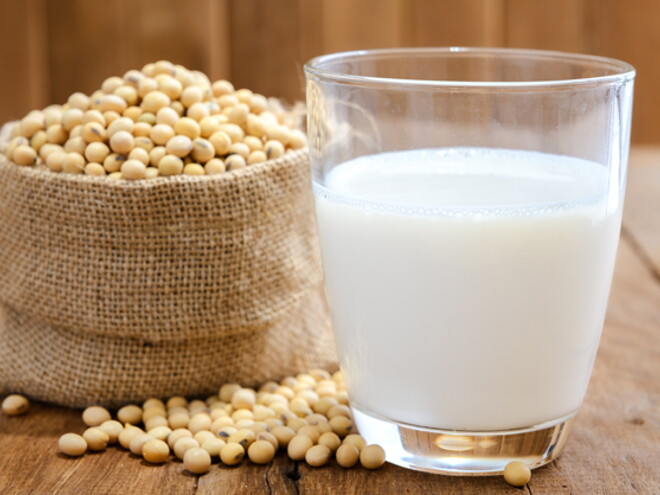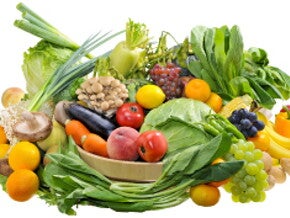
As a mom, or dad, you’ve probably researched high and low for the perfect milk for your child. Many parents make this very important choice based on a few factors, one of which is their child’s allergies to regular cow’s milk. And you may have discovered soya milk and some of its benefits. Well, before your child makes the complete jump to soya milk, here are some things you should know.
Nutritional Addition
Formulated soya milk is made from soya beans, obviously. To become a milk that’s suitable for your child, most of them have added vitamins, minerals and other nutrients, making it suitable as a milk for your child.
What’s in soya milk
Soya milk is normally selected as an alternative because some children have problems digesting formula based on cow’s milk. Soy milk based formula contains soy protein as the main protein source, vegetable fat, carbohydrates and other vitamins and minerals. Usually, soy milk is enriched with iron.
A milk specifically for Galactosaemia
The use of soy milk based formulas are usually for children who whave Galactosaemia. It is a rare metabolic condition that affects the digestion of lactose in breastmilk and cow’s milk.
Is it a good alternative to cow’s milk formula?
According to the American Academy of Pediatrics, soya milk can be an alternative to cow’s milk formula. However, it may not fully meet a child’s nutritional needs. It can be given to your child if recommended by a healthcare professional, and only to children above six months, unless recommended.
The right quality protein
Soy protein is a vegetable protein; it may be of a lower quality protein than protein from breastmilk or cow’s milk.
Enzyme inhibitors
Soy beans are said to have enzyme inhibitors which block the absorption of trypsin and other enzymes that are needed for your child’s digestion.
These enzyme inhibitors may affect protein and amino acid absoprtion in the body. Amino acids are required for healthy physical growth, and a lack of them may affect your child’s growth.
Anti-nutrient chemicals
Soy is known to contain some antinutrients, known as phytic acid. It’s also found in other beans. In fact, antinutrient amounts are the highest in soy beans.>
The main reason why a lot of parents choose soy milk is because of their child’s allergy to cow’s milk protein. Every child has a risk of developing allergies, even when both parents are allergy-free. However, one alternative to consider is partially hydrolysed protein. It delivers the benefits of cow’s milk protein, while being less allergenic for your child. NANKID OPTIPRO HA 3 is a formulated milk for children aged 1 year old and above. It contains OPTIPRO, partially hydrolysed protein made with Nestlé’s patented technology, so it’s in the right quality and quantity for your child. It’s less allergenic and easier to digest than regular cow’s milk protein. Find out more about it here.


























